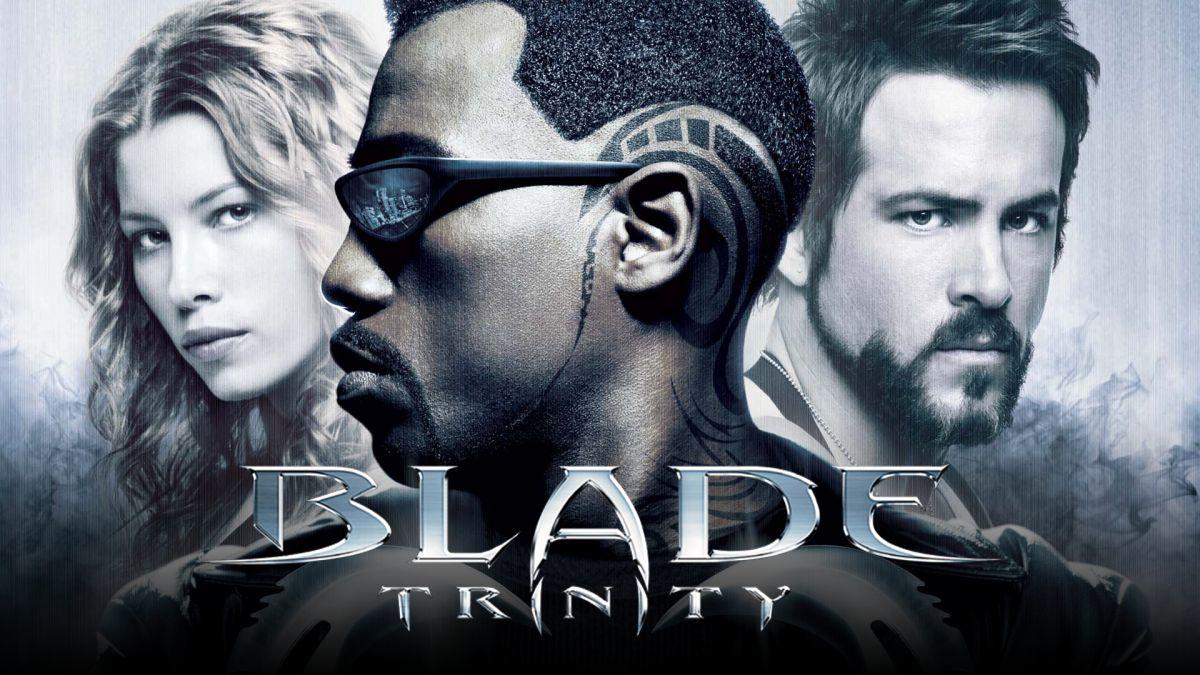Neil deGrasse Tyson Takes on the Science of Avengers: Endgame
Avengers: Endgame may be a superhero movie, but as fans of it and the rest of the Marvel Cinematic [...]
Avengers: Endgame may be a superhero movie, but as fans of it and the rest of the Marvel Cinematic Universe know, there's a lot of science there as well. Science plays some sort of role in nearly every one of the heroes' origin, it's a key component of most of the movies' plots and let's not forget the whole Science Bros thing. However, despite the prevalence of science int he MCU on the whole, it's Endgame where people have arguably paid the most attention because of the complexities of the film's time travel elements, elements that have sparked many debates among fans online. But what does a real scientist have to say about the science of Endgame? That's the general premise of a recent episode of Neil deGrasse Tyson's Star Talk, and Tyson has some interesting thoughts about it all.
In the episode, which you can check out here, Tyson fields questions from fans about various aspects of the science in Endgame. The episode, which is just shy of an hour, hits on various topics, but one of the early ones directly takes on the time travel element of things, with a question about which move time travel is more in keeping with modern theory -- Back to the Future or Avengers: Endgame. It turns out that, for all its complexity, Endgame is more in line with contemporary theory -- but that doesn't make it without fault.
"Back to the Future tried to be as consistent as it possibly could at every turn. I'm talking Back to the Future 1, not two and three. So, Endgame, if I'm to make that internally consistent, requires a much more complex set of timelines branching off of one another than what happened in Back to the Future," Tyson said. "All that happened in Back to the Future is it created a single alternative timeline which is kind of the timeline that we wanted to have been there all along, so it had very satisfying elements to it. In Endgame, just think about the multiple timelines. Forget the fact that Captain America decided to hang with his woman and not do all the saving that he did in the other movies as Captain America in present day. There's still the present day element of all of this that now is lost to some timeline that doesn't now exist in the timeline we are left with. He's sitting there as an old man on a bench and we're happy for him 'cause he went back to the true love of his life. You can't hate on that. But how about whatever crime he stopped in the episodes he was in? What of that? Well, that's just some other universe that's unfolding that way at this point because you didn't change the timeline, you branched the timeline. That's the modern concept of what happens when you change time."
But just because the idea of branching timelines checks out at least in terms of contemporary scientific theory doesn't mean Endgame gets it right. Tyson goes on to call out the heroes' interaction with their past selves -- specifically Present Captain America fighting with and then admiring the backside of his 2012 self -- as being very dangerous and problematic in terms of preserving the "main" timeline they're trying to save.
"You can't interact with yourself because you don't know what influence you would have on the world that was gonna happen that you're trying to stop," Tyson said. "So that's just outright dangerous."
The time travel situation is the one that has seen the most debate and disagreement among fans and while most of it is connected to what happens when Captain America elects to go back to the past with Peggy Carter, the idea that even the most basic interactions in the Time Heist might have itself created problems is one that doesn't frequently come up. Still, perhaps attempting to apply science at all is just difficult when the writers of Endgame and the directors seeming contradict one another when it comes the film's time travel. Ultimately, though, it's just easier to accept the idea that alternate universes are a thing and the MCU is changed in unique ways -- as Joe Russo said during a Q&A last month.
"The time travel in this movie created an alternate reality," Joe said. "He lived a completely different life in that world. We don't know how exactly his life turned out, but I'd like to believe he still helped many others when they were needed in that world."
It will be interesting to see how the time travel and alternate realities elements impact future MCU films and fans may get a chance to see for themselves in just a few weeks when Spider-Man: Far From Home opens in theaters on July 2.
What do you think about Tyson's comments about time travel as well as the other scientific elements of Endgame? Let us know in the comments below.




